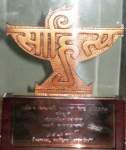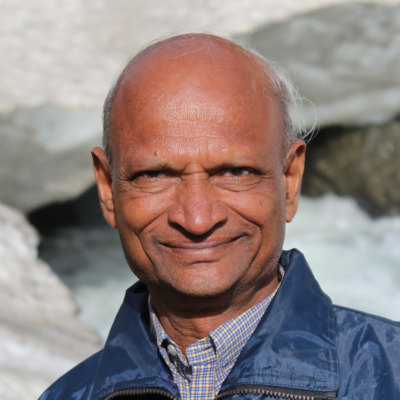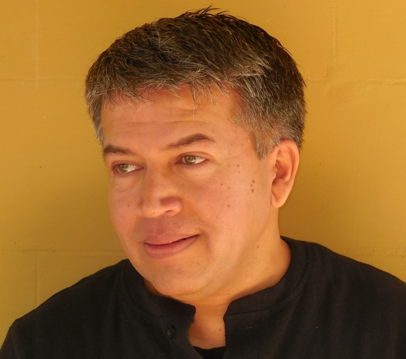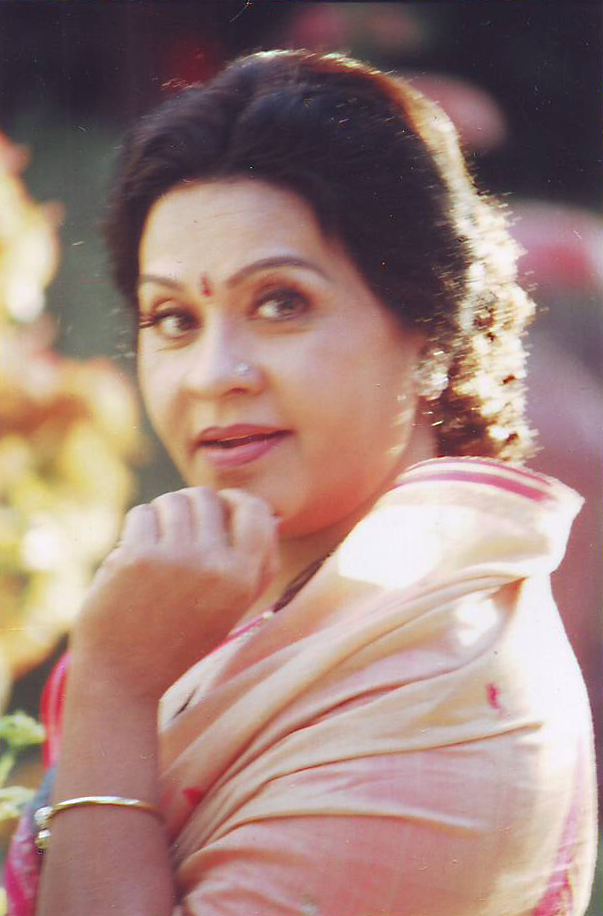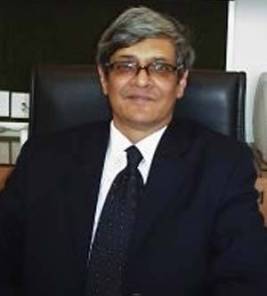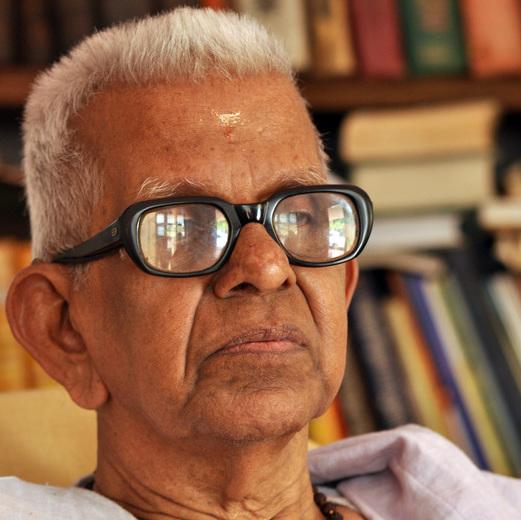Keki N. Daruwalla Padma Shri Awarded In 2014
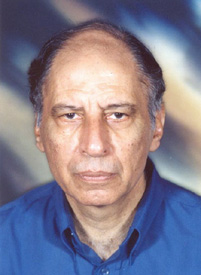
Keki N. Daruwalla
Award Name : Padma Shri
Year of Award : 2014
Award for : Literature
Location : Lahore Lines, Sindh, Pakistan
Keki N. Daruwalla is a major Indian poet and short story writer in English language. He has written over 12 books and published his first novel For Pepper and Christ in 2009. He is also a former Indian Police Service officer, who retired as Additional Director in the Research and Analysis Wing (RAW). He was awarded the Sahitya Akademi Award, in 1984 for his poetry collection, The Keeper of the Dead, by the Sahitya Akademi, India's National Academy of Letters. He was awarded Padma Shri, the fourth highest civilian award in India, in 2014. He was born in 1937 in Lahore, British India. He obtained his master's degree in English Literature from Government College, Ludhiana, University of Punjab. He joined the Indian Police Service (IPS) in 1958, and eventually becoming a Special Assistant to the Prime Minister on International Affairs. He subsequently was in the Cabinet Secretariat until his retirement.
The characteristic features of his poetry can also be described as vigor and immediacy of language, knife-edge tone, an abiding and infatuated concern with love, death and domination, a skeptic and indignant cynicism about the plight of human society and a rare intensity in portraying living individuals. Daruwalla readily admits to critics' charges of being too much of a landscape poet who takes into his aesthetic stride the sights and sounds of England, Yugoslavia, Helsinki, Stockholm, Volgograd, and Moscow which he has visited for poetry readings. His thematic canvas transcends the boundaries of India and stretches itself into the rest of the world. Critics maintain his concern for broad landscape imagery rather than political and social issues is a result of his long career as a Government of India official. His most recent book, Map-maker (2002), offers a compelling series of dramatic monologues by figures as diverse as a disciple of the Buddha and an old map-maker from Majorca, suggesting that the passionate interest in other cultural and historical milieux is alive and well. But there is also a more marked fascination with inner worlds, with philosophical notions of time and space.

